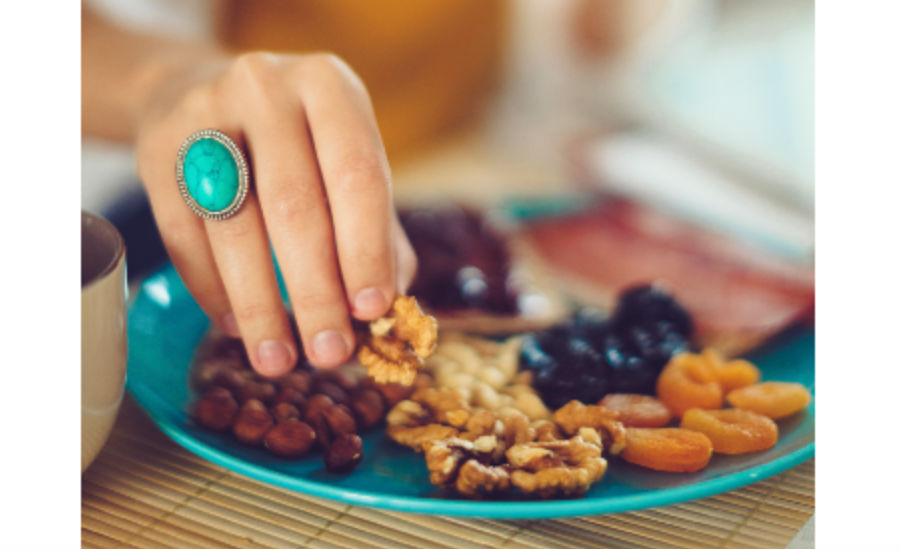Nutrition isn’t one size fits all
Research from Innova Market Insights reveals consumers' growing interest in personalized nutrition.

Now more than ever, consumers are making it personal.
Thanks to the abundance of health and wellness information available online — and food manufacturers’ efforts to increase ingredient transparency — consumers have the opportunity to make individualized decisions about their diets and overall health.
“Today’s consumers are more engaged with their food than ever before, but every individual is different, and this creates its own challenges for the industry,” said Lu Ann Williams of Innova Market Insights.
Research conducted by Innova last year revealed 9 percent of U.S. consumers are following plant-based diets, 6 percent are following ketogenic diets, 3 percent are paleo and another 3 percent are vegan. There has also been a corresponding rise in global new product development in these areas, with a 64 percent increase in plant-based launches between 2017 and 2018 alone. Keto launches rose 76 percent, paleo 33 percent, and vegan 27 percent.
Innova also noted the food industry is beginning to understand how products affect mental and emotional wellbeing, with guilt-free and “feel good” products attracting more attention. Between 2014 and 2018, there was a 21 percent annual increase in launches of products with claims such as “happy,” “joy” or “fun.”
Technology plays a large part in the push for personalization. From WW and Fooducate to Spoon Guru and SmartLabel, there are a variety of apps on the market to increase consumers’ focus on their diets. And, with advances in DNA testing technology, consumers can gain a greater understanding of the potential hereditary health concerns they face — such as diabetes, high blood pressure and high cholesterol — and ways they can delay or prevent them from coming to fruition.
Certainly, the confectionery industry is really good at personalizing gifting and retail experiences. You can even get your face on M&M’S in the color of your choosing. But what if the industry took personalized health into consideration?
What if consumers had the chance to build a chocolate bar from its base ingredients, selecting dairy type, cocoa levels and sugar content? What if you could choose inclusions with certain health goals in mind? It’s an interesting thought.
And of course, there are plenty of dietary supplements out there that use confectionery applications to deliver functional ingredients. Good Day Chocolate comes to mind. The brand offers chocolate pieces with turmeric and probiotics, as well as pieces designed to promote Calm, Energy and Sleep.
The possibilities are endless when it comes to designing products for personal nutrition. One size definitely doesn’t fit all.
